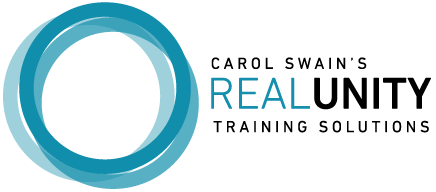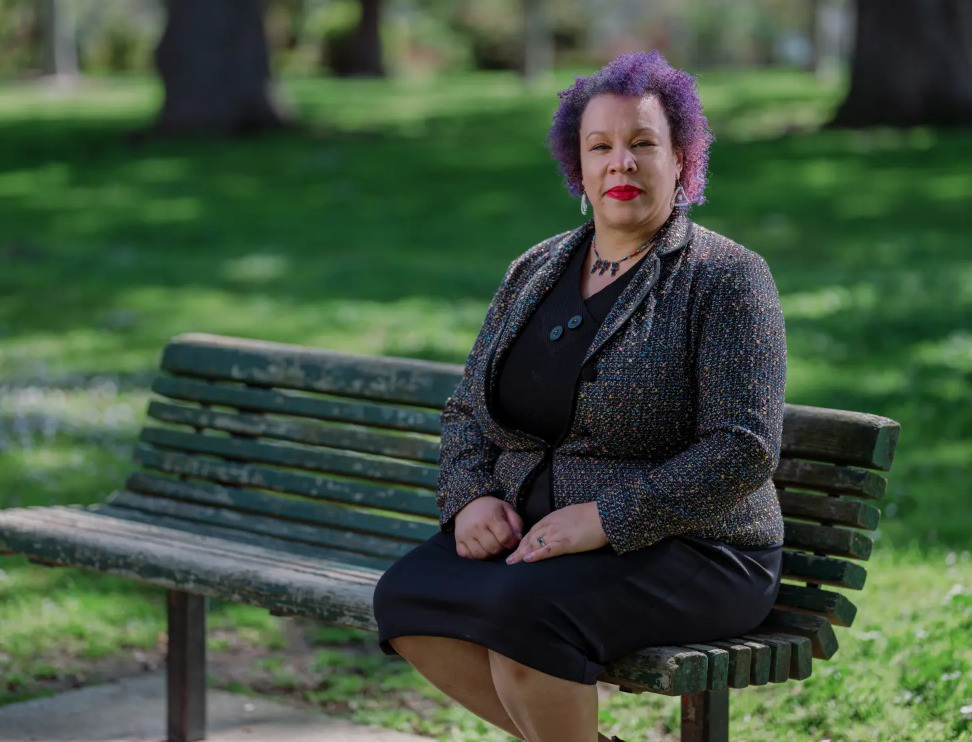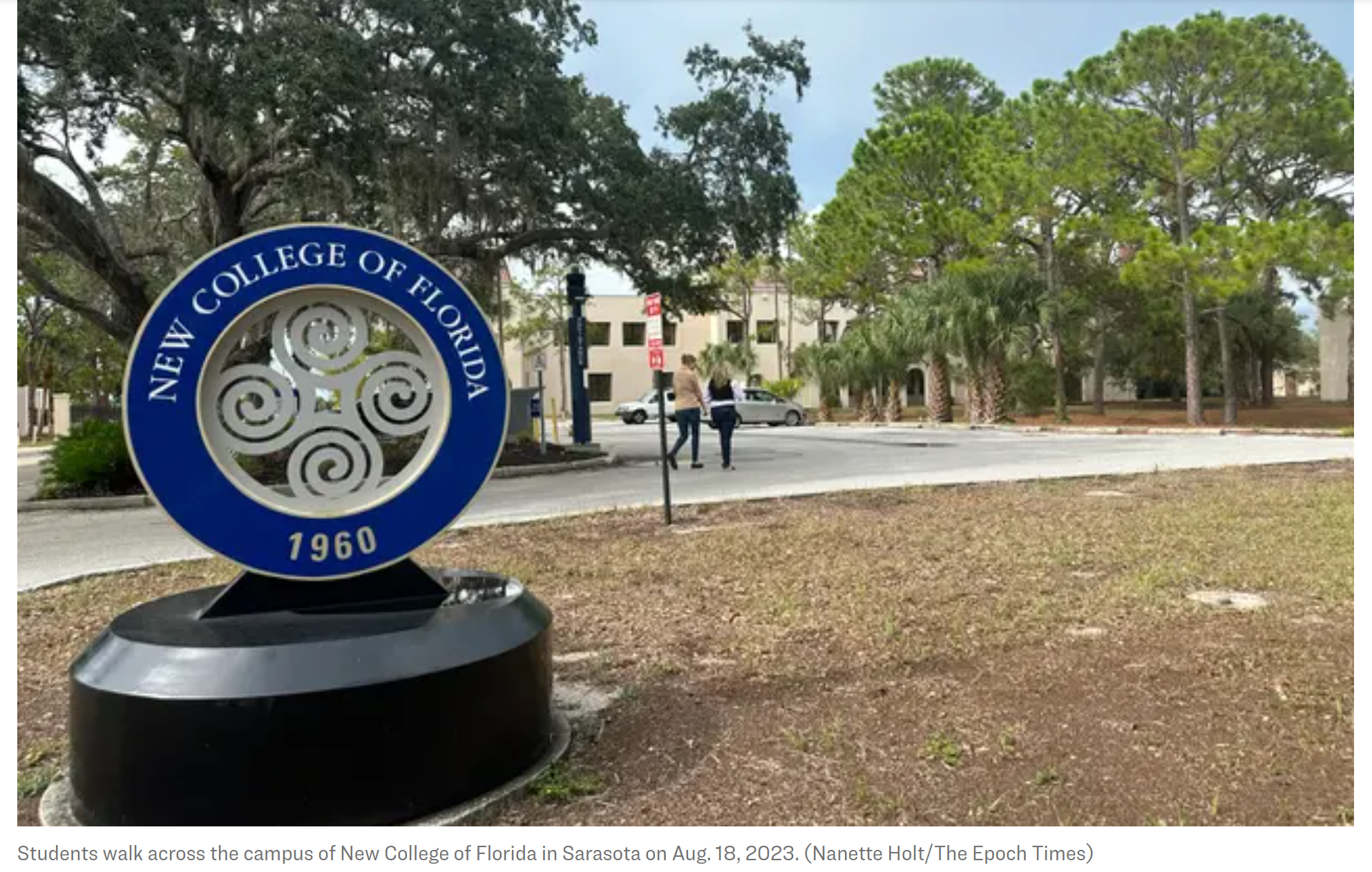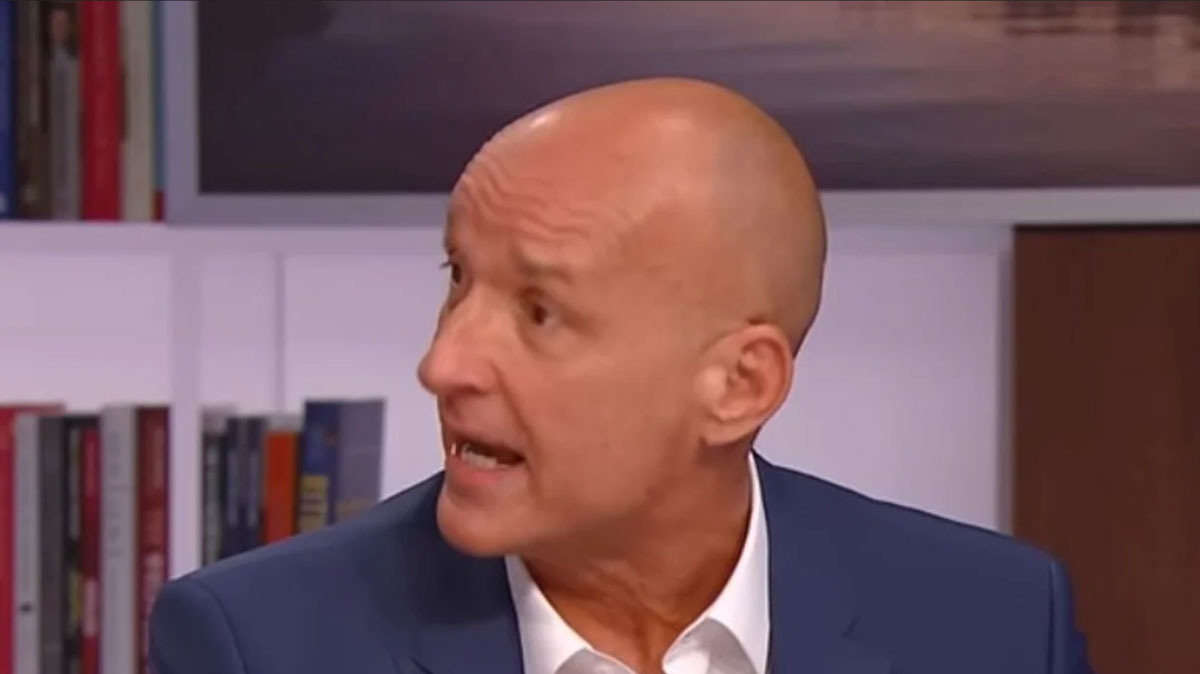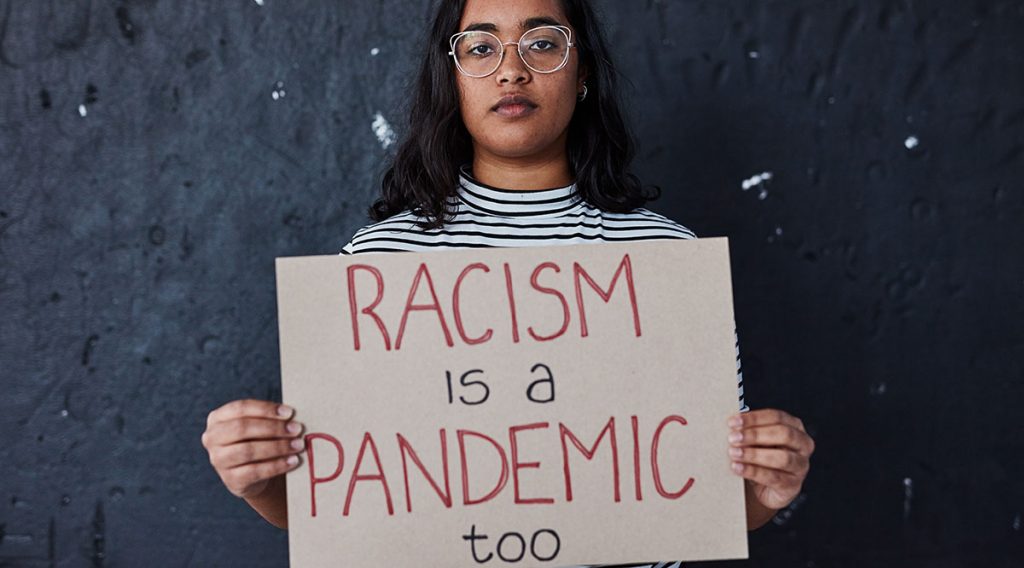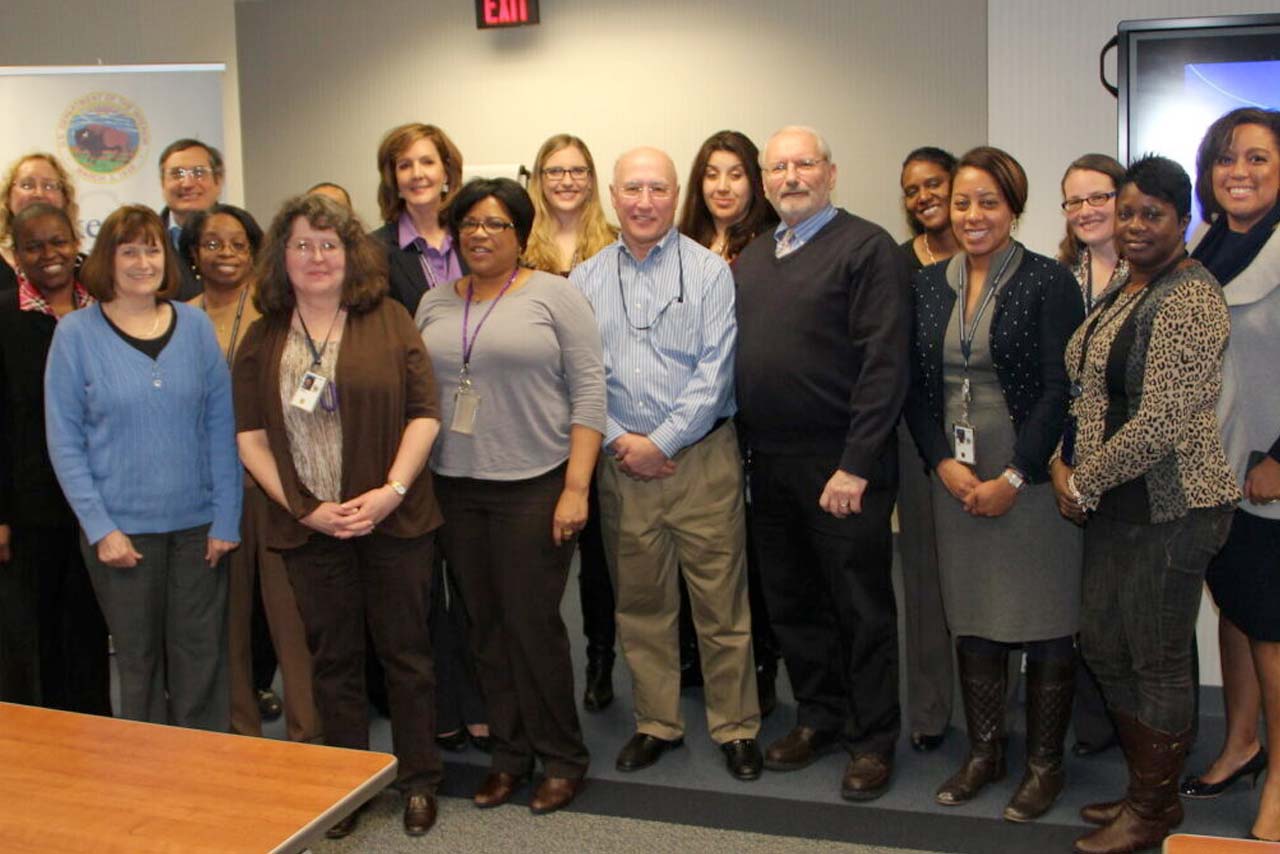Corporate America’s rush to hire diversity, equity, and inclusion executives is slowing to a standstill — with Chief Diversity Officers exiting at Disney, Netflix, Warner Bros. Discovery and other corporations.
“They’re staring to see the emperor has no clothes,” Tabia Lee, herself a former DEI professional, told The Post.
“It’s important that company structures don’t include these kinds of positions whose sole role is to promote divisions instead of unity — who turn the company or corporate mission into something that is focused on critical social justice instead of what the mission of the organization is to begin with,” Lee, who is black, added.
According to LinkedIn, DEI job openings exploded by almost 170% between 2019 and 2022.
![]()

Former college DEI employee Tabia Lee says her industry is becoming divisive — and isn’t surprised to hear it’s shrinking in corporate culture. Andri Tambunan for The New York Post
Jason Hanold, CEO and managing partner of executive search advisory company Hanold Associates, said 2020 — when demand outstripped supply — triggered a “frenetic time” for Chief Diversity Officer hiring.
“There was an urgency and a national narrative driving that demand,” said Hanold, referencing George Floyd’s death, the nationwide social justice marches, and increased donations to groups like Black Lives Matter that followed.
State schools, for-profit colleges and even the Ivy League flooded the market with graduates of DEI certificate programs.
![]()

Netflix is among a slew of companies pulling back on DEI bureaucracy. Getty Images
But after a 55% increase in DEI roles in 2020, job attrition rates have been high. In fact, a third of diversity professionals found themselves out of a job in the 2022 calendar year.
“The demand has leveled,” Hanold reported. He says he’s noticed more and more companies folding diversity officers’ roles into general HR positions, cutting down on costs and bureaucracy.
In part, Hanold says it’s because diversity officers’ responsibilities were unclear: “Some companies were well prepared and ready. Many companies were not — and struggled to define success, give the resources, accountabilities and responsibilities needed to perform well.”
Lee agrees — but says there is more to it.
![]()

Dr. Tabia Lee says DEI professionals with the “wrong” vision can be bullied out of the industry. Andri Tambunan for The New York Post
“The default here in America especially is [a type of DEI] that focuses on racial division and perpetual strife around racialized identity,” she said. “I think that that’s something that’s very toxic for everyone. I don’t think anyone benefits from that.”
Lee — who formerly served as faculty director of the Office of Equity, Social Justice, and Education at De Anza College in Cupertino, California — said the industry squeezes out those who disagree with a singular, politicized vision of what diversity, equity, and inclusion is supposed to look like.
In a recent
lawsuit filed against De Anza College, Lee alleges she was wrongfully denied tenure and her First and Fourteenth Amendment rights were abridged after she pushed back against DEI messaging she saw as divisive. She says her vision of true diversity—one which includes promoting diversity of opinion—made her an “instant pariah” on campus.
Lee is suing DeAnza College, alleging her First and Fourteenth Amendment rights were violated. Shutterstock
Questioning land acknowledgement practices and suggesting the school capitalize both “black” and “white” in official communications saw Lee accused of being a white supremacist.
And ultimately, she claims, asking those questions left her out of a job. De Anza College did not respond to a request for comment.
“The companies are starting to notice that there’s not much accountability in the field,” Lee said. “They’ve allowed consultants to come in without any accountability measures attached to the work that they’re doing.”
Since the summer of 2020, corporations have sparked controversy over divisive DEI lessons.
In early 2021, Coca-Cola famously hosted a diversity training which taught employees how to be “less white,” urging them to be more humble, less ignorant, and less oppressive.

Coca-Cola was criticized for a divisive diversity presentation that included a slide about how to be less white.
And the United Federation of Teachers recently was forced to cancel a workshop on the “harmful effects of whiteness” after public backlash.Lee said this sort of divisiveness has pushed companies to the breaking point.But she still believes there are DEI professionals with the right vision.“There are models that are humanistic and not dehumanizing,” she said. “But it’s a matter of finding where those people are because they’re not part of the mainstream.”

Chloe Valdary created the Theory of Enchantment, which she says is a pro-human alternative to often alienating diversity training. Veronica Grimm
Chloe Valdary hopes her antiracism training program, the Theory of Enchantment, can provide a much-needed “pro-human” alternative to the sort of DEI companies are pulling away from.“Most other programs just ask you to memorize definitions of concepts, often narrowly defined,” she said, noting that others often reduce and portray “people of color as sacred victims and white people as amulets of evil.”But Valdary aims to bring employees together, rather than tear them apart.
Valdary believes her philosophy of “treating people like human beings” — rather than reducing them to just their race or gender — makes for a healthier corporate culture. Veronica Grimm
“We start with three foundational principles which anyone can get behind,” Valdary said. “Treat people like human beings, not political abstractions; criticize to uplift and empower, never to tear down or destroy; and root everything you do in love and compassion.”Hanold expects more corporations to adopt a unifying model of DEI. At his firm, he has noticed a “growing demand to balance towards true inclusion” among clients still hunting for diversity executives.Said Hanold: “Belonging is achieved when every employee feels as comfortable, welcome and included at work as they do in their own living room at home.”
Source: NEW YORK POST
